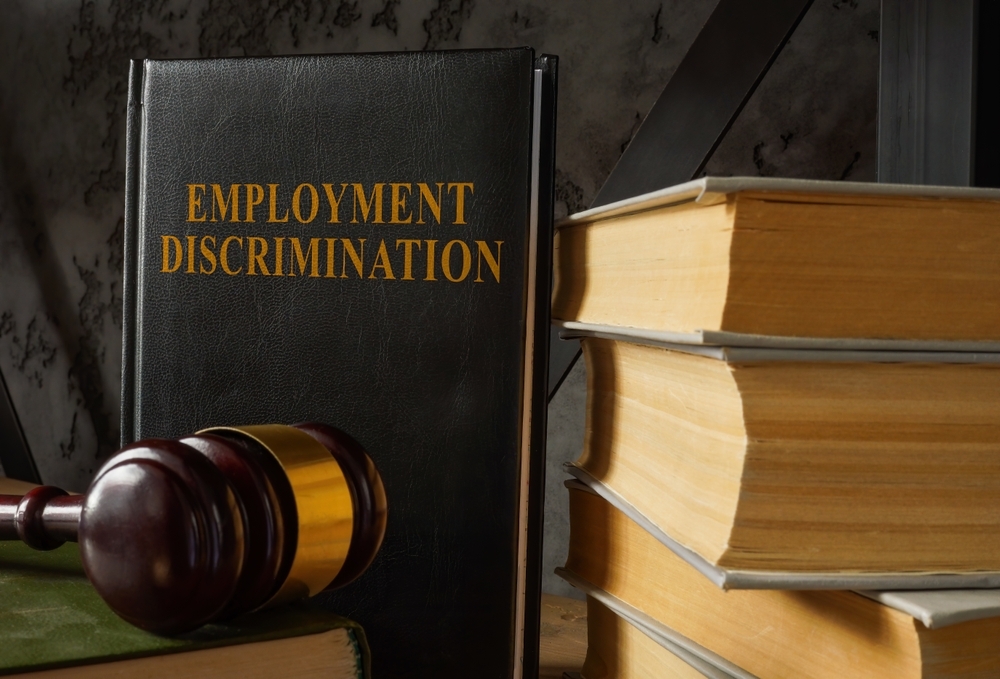
Comparative Analysis: Federal vs. New Jersey Laws on Age and Disability Discrimination - A Comprehensive Guide
In an era where equal opportunity and fair treatment in the workplace are paramount, understanding the intricate legal landscape of age and disability discrimination is essential. The United States federal government, as well as the state of New Jersey, have enacted employment laws to ensure protection against such discriminatory practices.
As a legal advocate with extensive experience in New Jersey, I believe that an understanding of both federal and state laws on age and disability discrimination is imperative for both employees and employers alike. This guide serves as a valuable resource to equip readers with the knowledge they need to navigate these complex issues.
Section I: Federal Laws
A. Age Discrimination
1. Age Discrimination in Employment Act (ADEA)
The ADEA is a federal statute that protects employees aged 40 and over from discrimination based on their age. It encompasses various aspects of employment, including hiring, promotions, termination, compensation, and benefits.
2. Older Workers Benefit Protection Act (OWBPA)
OWBPA is an amendment to ADEA, focusing on the benefits of older workers, ensuring that they are not denied benefits solely due to age.
B. Disability Discrimination
1. Americans with Disabilities Act (ADA)
The ADA prohibits discrimination against individuals with disabilities in all aspects of employment. It also requires employers to make reasonable accommodations for disabled employees.
2. Rehabilitation Act
This act focuses on prohibiting disability discrimination within federal agencies, promoting an inclusive work environment.
Section II: New Jersey State Laws
A. Age Discrimination
1. New Jersey Law Against Discrimination (LAD)
The LAD offers protection against age discrimination, extending coverage to all employees, regardless of age. Unlike the federal ADEA, New Jersey's LAD does not limit protection to those 40 and over.
B. Disability Discrimination
1. New Jersey's Application of the ADA
New Jersey applies the ADA but adds some specific state provisions that offer additional protections. The state mandates broader definitions and criteria for what constitutes a disability.
Comparative Analysis
Age Discrimination
Federal laws limit protection to individuals aged 40 and over, while New Jersey's LAD offers universal protection. Employers in New Jersey must adhere to both state and federal laws, ensuring compliance with the broader protections under state law.
Disability Discrimination
While there is significant alignment between federal and New Jersey state laws on disability discrimination, the state offers more extensive definitions and requirements, further safeguarding employees' rights.
Contact an Experienced New Jersey Employment Discrimination Attorney at The Riback Law Office Today
Understanding the similarities and differences between federal and New Jersey laws on age and disability discrimination is not just a legal necessity; it's a moral duty. Being cognizant of these laws can foster a more inclusive and respectful work environment.
As an experienced New Jersey age and disability discrimination attorney, I am committed to supporting both individuals and businesses in navigating these complex legal terrains. If you have any concerns or need legal assistance, do not hesitate to reach out to me, Attorney William Riback, for assistance.
Remember, knowledge is power. Stay informed and protect your rights.
*DISCLAIMER: Please note that this article is intended to provide a general overview and should not be construed as legal advice. Always consult with a legal professional, such as Attorney William Riback, to understand the specific legal circumstances applicable to your situation.
